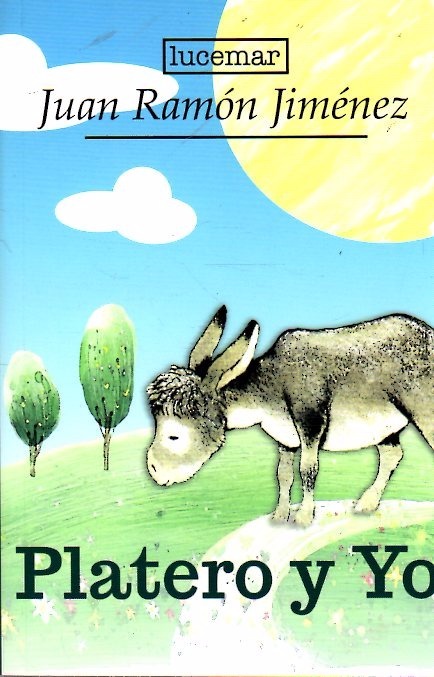
Jiménez (1881–1958) was a Spanish poet who was awarded the Nobel Prize for Literature in 1956. You’re going to love me.’ For me, Platero and I proved to be such a book. I spend a lot of time, more than I should, wandering through the stacks of the London Library, that strange and vast labyrinth of books, that pungent shadowy temple in which time appears to have set like resin and it was there, not long ago, when I wasn’t looking for it – because I didn’t know it was there – that I came across Platero and I by Juan Ramón Jiménez.

Something special can happen then: something even miraculous. Like Poe’s purloined letter, they hide in plain view, standing on their shelves unregarded for days, weeks, months or years, innocent in their brittle dignity, until a hand, perhaps an idle one, pulls them down. I would call it a collection of prose poems, but that might sound dreary on the contrary,īooks possess a strange magic. Set against the background of Moguer, the small town in Andalusia where its author grew up, the book is a sequence of short prose pieces, none more than a few hundred words long, in which the speaker evokes his relationship with his donkey Platero. The edition I picked up in the London Library is an English translation by William and Mary Roberts of American origin, it was published in Britain in 1914, the year Jiménez won the Nobel Prize. Platero and I, or Platero y yo, subtitled ‘An Andalusian Elegy’, is an early work which achieved much popularity, even legendary status, in the Spanish-speaking world. Having fled Spain at the time of the civil war, he spent much of his later life in the United States, where he taught at the University of Maryland and became known as the author of a line used by Ray Bradbury for the epigraph to his science-fiction classic Fahrenheit 451: ‘If they give you ruled paper, write the other way.’




 0 kommentar(er)
0 kommentar(er)
